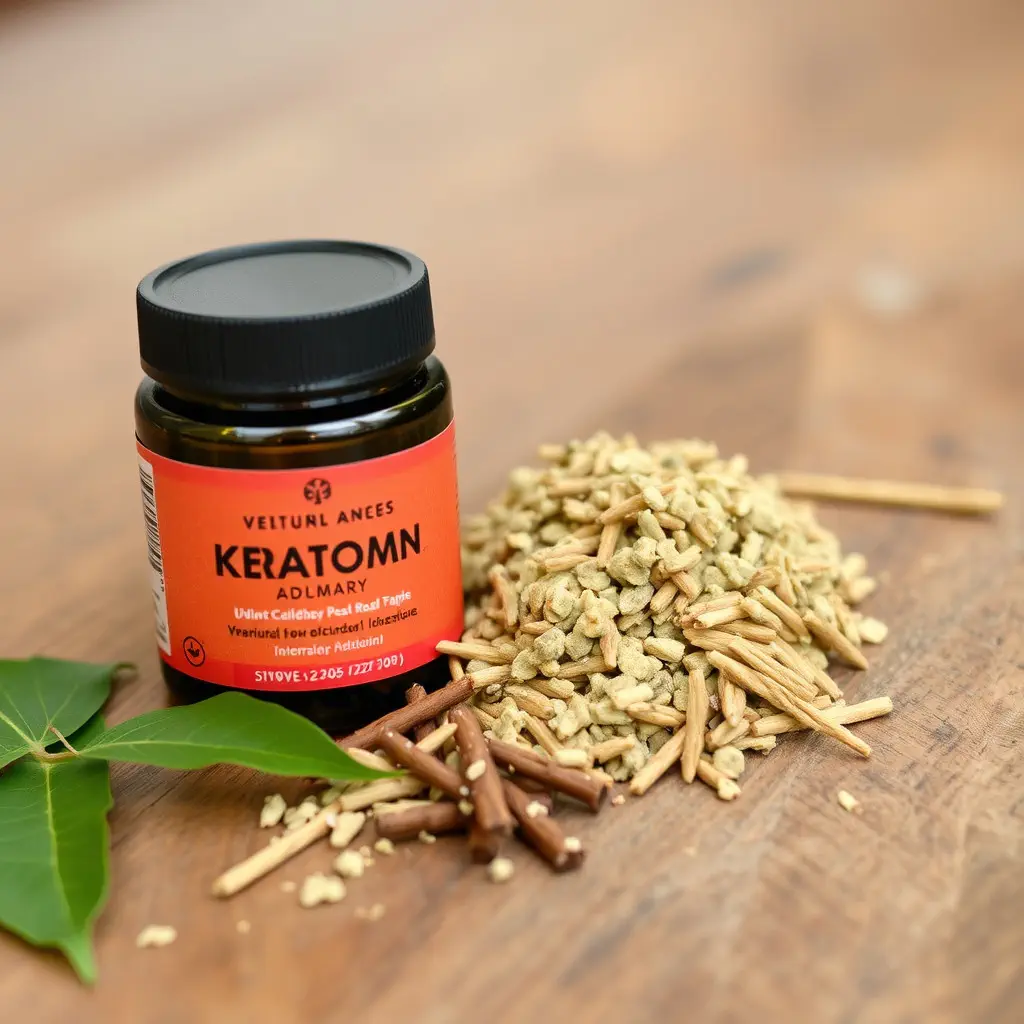Kratom's legal status in Michigan is a patchwork of local regulations, with some counties considering it illegal and others allowing limited possession and sale. While federal laws classify its primary compound as a Schedule I controlled substance, advocates argue for differentiating low-potency varieties. The absence of clear statewide legalization highlights the need for clarification to protect consumers and ensure compliance with varying local laws. The evolving legal landscape in Michigan reflects global debates about balancing public health concerns with personal freedoms regarding kratom use.
Are you curious about Malaysian Kratom Buds and their legality in Michigan? This comprehensive guide unravels the current regulations surrounding kratom in the state. We explore the historical evolution of kratom laws, providing insights on its legal classification and restrictions. Furthermore, discover the unique properties of Malaysian kratom buds, their potential benefits, and side effects. Learn safe purchasing practices and responsible usage guidelines to make informed decisions. Understand the intricacies of ‘is kratom legal in Michigan’ and more with our detailed exploration.
- Is Kratom Legal in Michigan? Understanding the Current Regulations
- – Overview of kratom legal status in Michigan
- – Historical context: how kratom laws have evolved
Is Kratom Legal in Michigan? Understanding the Current Regulations
In Michigan, the legal status of kratom is a topic of ongoing discussion and confusion. The current regulations surrounding kratom are complex and can vary significantly from county to county. While some areas may consider it entirely illegal, others have adopted more lenient stances, allowing for certain forms of kratom possession and sale under specific conditions.
It’s crucial to understand that Michigan has not explicitly legalized kratom state-wide. The ambiguity arises from differing interpretations of federal laws, which categorize mitragynine, the primary psychoactive compound in kratom, as a Schedule I controlled substance. This classification prohibits any non-medical use or distribution of kratom products. However, some advocates and vendors have argued for a more nuanced approach, suggesting that low-potency kratom buds with minimal THC content should be treated differently. This ongoing debate highlights the need for clarity in Michigan’s kratom regulations to ensure compliance and protect consumers from potential legal repercussions.
– Overview of kratom legal status in Michigan
In Michigan, the legal status of kratom is a topic of ongoing debate. While there’s no explicit state-level ban on kratom, its regulatory framework is complex and can vary across local jurisdictions. As such, is kratom legal in Michigan? depends on where you are within the state. Some cities and counties have enacted local ordinances restricting or prohibiting the sale and possession of kratom, while others leave it unregulated.
Kratom advocates argue for its potential therapeutic benefits, citing its use in traditional medicine practices in Southeast Asia. However, concerns surrounding its addictive potential and health risks have led to stringent local controls. Buyers should exercise caution, carefully researching local laws and seeking reputable vendors to ensure compliance with Michigan’s patchwork regulations regarding kratom.
– Historical context: how kratom laws have evolved
The legal status of kratom in Malaysia has evolved significantly over the years. Historically, kratom was widely available and used across the country without significant restrictions until the early 2000s. However, concerns over its potential health risks led to a shift in policy. In 2014, Malaysia implemented stricter regulations, categorizing kratom as a controlled substance under the Dangerous Drugs Act. This move aimed to curb the growing abuse and addiction rates associated with the herb.
In recent years, the debate on the regulation of kratom has continued, particularly as its popularity has spread globally, including the United States and Europe. In Michigan, for instance, discussions around is kratom legal in Michigan have gained traction. As of now, kratom remains largely unregulated in many parts of the US, but individual states have varying laws regarding its sale and possession. The evolving legal landscape surrounding kratom underscores the ongoing challenges in balancing public health concerns with cultural uses and personal freedoms.
In Michigan, the legal status of kratom has evolved over time, with regulations varying across different regions. Understanding the current laws is crucial for those considering using or distributing kratom. Remember that staying informed about local legislation ensures compliance and allows folks to navigate this evolving landscape. In terms of is kratom legal in michigan, it depends on the specific area within the state, highlighting the need for continued vigilance and adaptation.






